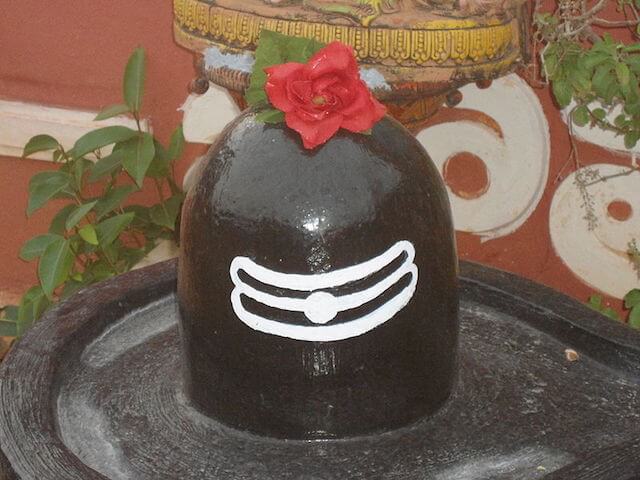Maha Shivratri, known as the “Great Night of Shiva,” is a significant Hindu festival dedicated to Lord Shiva. In 2025, it will be observed on Wednesday, February 26. The Nishita Kaal Puja, or midnight worship, is scheduled from 12:09 AM to 12:59 AM on February 27.
book mahamritunjay Puja here

Celebration and Rituals:
Devotees engage in various rituals to honor Lord Shiva on this auspicious day:
- Fasting: Many observe a strict fast, abstaining from food and sometimes water, as a form of spiritual purification. Some may consume fruits and milk during the fast.
- Abhishekam (Sacred Bath): The Shiva Lingam is bathed with sacred substances such as milk, yogurt, honey, sandalwood paste, and rose water every three hours. This ritual is accompanied by chanting “Om Namah Shivaya” and meditation.
- Offering Bilwa Leaves: Bilwa (Bel) leaves are considered sacred and are traditionally offered to Lord Shiva during the puja.
- Night Vigil and Chanting: Devotees often stay awake throughout the night, engaging in continuous chanting of mantras like “Om Namah Shivaya” and meditating to seek Lord Shiva’s blessings.
Performing Puja at Home:
To conduct a simple Maha Shivratri puja at home:
- Preparation: Cleanse yourself and wear fresh clothes. Set up a clean space with a Shiva Lingam or an image of Lord Shiva.
- Invocation: Light a lamp and incense to purify the surroundings.
- Abhishekam: Gently pour offerings like milk, yogurt, honey, and water over the Shiva Lingam while chanting “Om Namah Shivaya.”
- Offerings: Place Bilwa leaves, fresh flowers, fruits, and sweets before the deity.
- Aarti: Perform aarti by circling a lit lamp in front of the deity, accompanied by devotional songs or mantras.
- Meditation and Chanting: Spend time in meditation, focusing on Lord Shiva, and continue chanting mantras.
Observing these rituals with sincerity and devotion is believed to bring spiritual growth and the blessings of Lord Shiva.


